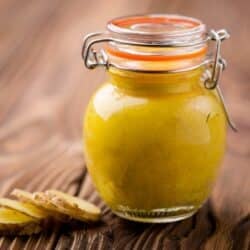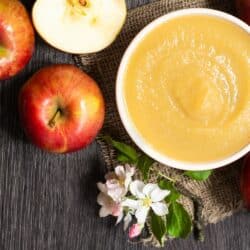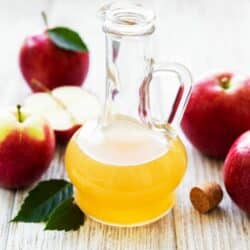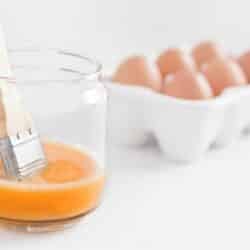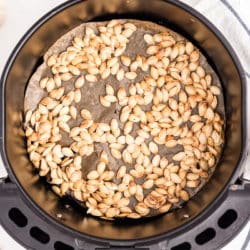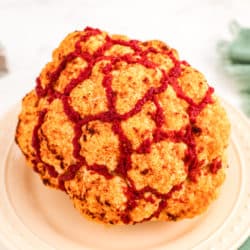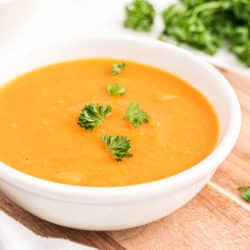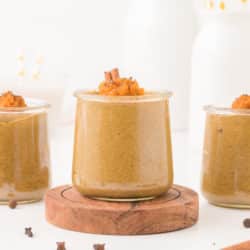9 Substitutes for Orange Juice in Cooking
If you need orange juice for a recipe, but don’t have any on hand, you’re in luck! There are many great options that offer a similar flavor profile and results. Here are some substitutes for orange juice.
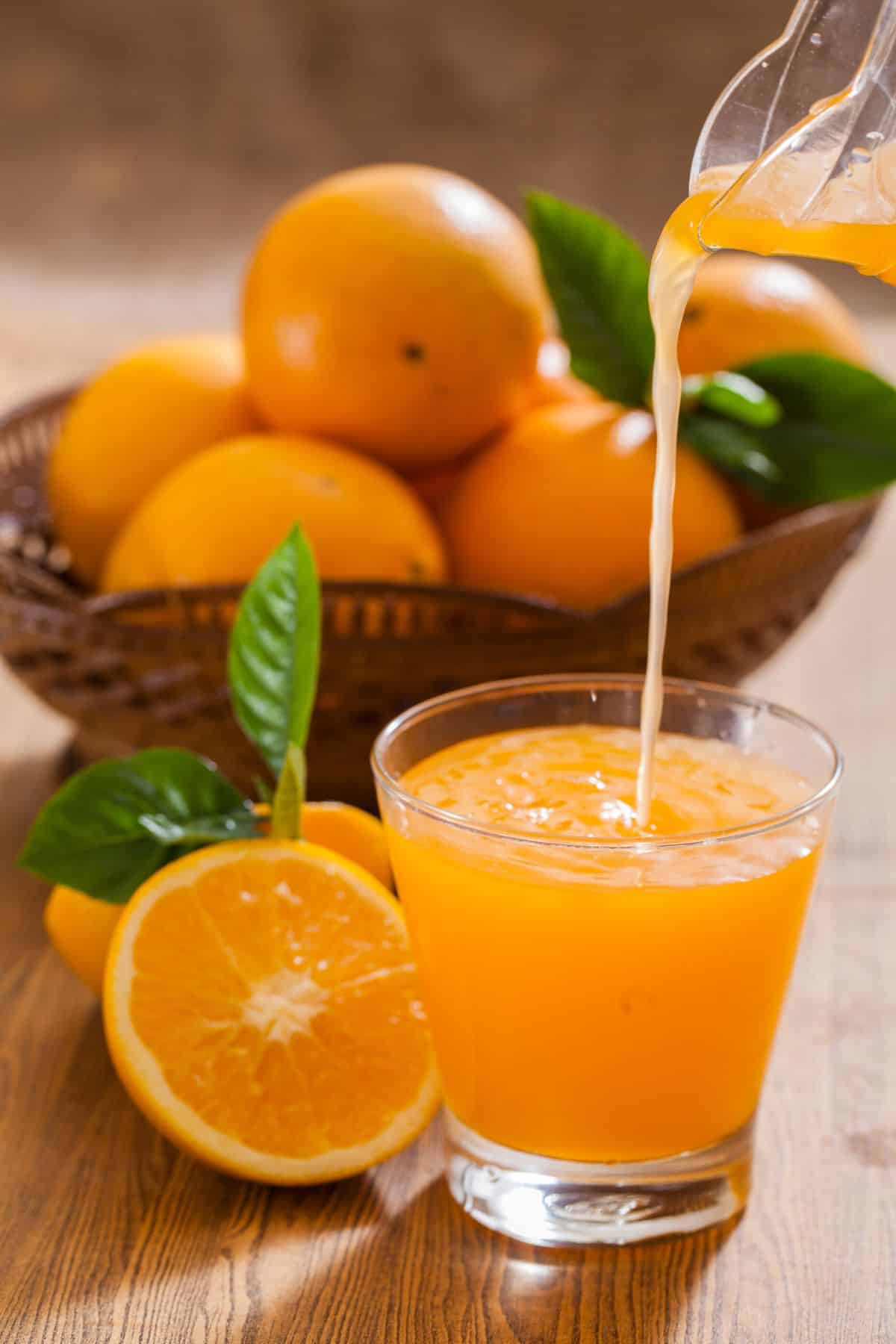
Orange juice is made by pressing or squeezing freshly harvested oranges to extract their juice. It has a sweet, tangy flavor. Orange juice is widely available and contains a variety of essential vitamins and minerals.
In addition to drinking it plain, orange juice can also be used to flavor dishes such as salads, salad dressings, marinades, jellies and more.
Substitutes for Orange Juice in Cooking
In the event you’re making a recipe that calls for fresh orange juice and you don’t have it on hand, here are some orange juice substitutes.
1. Orange concentrate
Orange concentrate is a concentrated form of freshly squeezed orange juice. It’s made by heating the juice until most of the water evaporates, leaving behind a thick syrup that’s much more concentrated than regular orange juice.
The flavor is slightly sweeter and more intense, but it still has the same essential vitamins and minerals.
When using it as a substitute in cooking, you may need to adjust the amount of sugar added as it can be quite sweet. But, it makes a great substitute for fresh orange juice and can be found at most grocery stores.
To substitute one cup of orange juice, use 1/4 of a cup of orange concentrate and 3/4 of a cup of water.
2. Apple juice
Apple juice is made by pressing or squeezing freshly harvested apples to extract their juice.
It has a sweet, slightly tart flavor, and contains many essential vitamins and minerals such as Vitamin C, potassium, and magnesium.
When using it as a substitute for orange juice in cooking, apple juice can provide a subtle sweetness that is not as tart. It tends to have a slightly softer flavor than orange juice, and it doesn’t contain the same acidity or citrusy notes.
Overall, it’s an excellent substitute for orange juice with a slightly less sweet taste.
See my full article on comparing orange juice versus apple juice.
To substitute one tablespoon of orange juice, use one tablespoon of apple juice.
3. Pineapple juice
Pineapple juice is made by pressing or squeezing freshly harvested pineapples to extract their juice.
It has a sweet, tropical flavor that’s slightly tart and contains essential vitamins and minerals like Vitamin C, Vitamin B6, and manganese.
Pineapple juice is slightly more acidic than orange juice and has a more intense flavor, so it can overpower some dishes if not used judiciously. However, when used in the right amounts, pineapple juice can enhance the flavors of many meals and is one of the best options.
To substitute one tablespoon of orange juice, use one tablespoon of pineapple juice.
4. Grapefruit juice
Grapefruit juice is a type of citrus juice made from grapefruit. It has a slightly tart, sweet flavor that can be enjoyed either on its own or in recipes. Grapefruit juice is an excellent source of vitamin C and many other vitamins and minerals.
Compared to orange juice, it tends to have a higher acidity level, making it more tart and less sweet. In cooking, grapefruit juice can be used to add a tangy flavor to dishes such as marinades, dressings and glazes.
Alternatively, you could use it as a replacement for orange juice in recipes that require citrus fruit juices. It’s a good substitute in place of orange juice. You could use grapefruit juice instead of orange juice in my Mimosa Mocktails recipe!
To substitute one tablespoon of orange juice, use one tablespoon of grapefruit juice.
5. Orange extract (for baking)
Orange extract is a highly concentrated flavoring made from oranges. It is commonly used in baking, as it is a more intense form of orange flavor than adding juice or zest to recipes.
Compared to orange juice, orange extract will give you a stronger orange flavor without the added liquid content. In cooking and baking, orange extract can be used to add a distinct orange taste to cakes, quick breads, muffins and other desserts.
Orange extract is a very good substitute in place of orange juice and a great addition to baked goods if you really want to pump up the orange flavor.
To substitute one tablespoon of orange juice, use 1/4 of a tablespoon of orange extract.
6. Apple cider vinegar (for marinades)
Apple cider vinegar (ACV) is a type of vinegar made from fermented apples. It has a tart and slightly sweet flavor, making it ideal for use in marinades and dressings.
Compared to orange juice, ACV is less sweet and more acidic, which makes it the perfect ingredient for cutting through the richness of dishes such as grilled meats and roasted vegetables.
In cooking, ACV can be used to add a tangy flavor to marinades and sauces.
To substitute one tablespoon of orange juice, use one tablespoon of apple cider vinegar.
7. Meyer lemon juice
Meyer lemon juice is a type of citrus juice made from the sweet-tart Meyer lemon. It has a more mellow, less acidic flavor than regular lemons, making it ideal for use in recipes that call for citrus juices.
Compared to orange juice, Meyer lemon juice has a subtler flavor and is less sweet. In cooking, it can be used to add an acidic kick to sauces, dressings, marinades and other recipes.
To substitute one tablespoon of orange juice, use one tablespoon of Meyer lemon juice.
8. Orange liqueur
Orange liqueur is a type of alcoholic beverage made with oranges and other ingredients. It has a sweet flavor with a hint of citrus, making it ideal for use in desserts. Grand Mariner is the most readily found brand.
Compared to orange juice, orange liqueur is much sweeter and has a stronger flavor. In cooking, it can be used to add sweetness and depth of flavor to recipes such as sauces, glazes, marinades and more.
To substitute one tablespoon of orange juice, use 1/2 of a tablespoon of orange liqueur.
9. Orange marmalade (for dressings and marinades)
Orange marmalade is a type of condiment made from oranges, sugar and other ingredients such as pectin. It has a sweet and tart flavor, making it ideal for use in dressings and marinades.
Compared to orange juice, orange marmalade is more tart and has a slightly different flavor profile. In cooking, it can be used to add sweetness and depth of flavor to recipes such as sauces, vinaigrettes and marinades.
To substitute one tablespoon of orange juice, use 1/2 a tablespoon of orange marmalade.
Bonus Substitutes
If you can’t find fresh oranges or any of the best orange juice alternatives above, try other citrus fruit such as lime juice or blood oranges. You can also try cranberry juice, orange peels, or even essential oils.
It all depends if you are making baked goods, sweet dishes, or savory dishes.
More Helpful Substitutes You Might Need
Conclusions
These alternatives will provide a similar sweetness and acidity as orange juice but with a unique flavor profile. With a little experimentation, cooks can explore new flavors and create delicious dishes that are sure to please.
Don’t forget to join my newsletter list to get exclusive clean eating recipes and tips. The newsletter is 100% free with no spam; unsubscribe anytime.
About the Author: Carrie Forrest has a master’s degree in public health with a specialty in nutrition and is studying to be a holistic nutritionist. She is a top wellness and food blogger with over 5 million annual visitors to her site. Carrie has an incredible story of recovery from chronic illness and is passionate about helping other women transform their health. Send her a message through her contact form.



